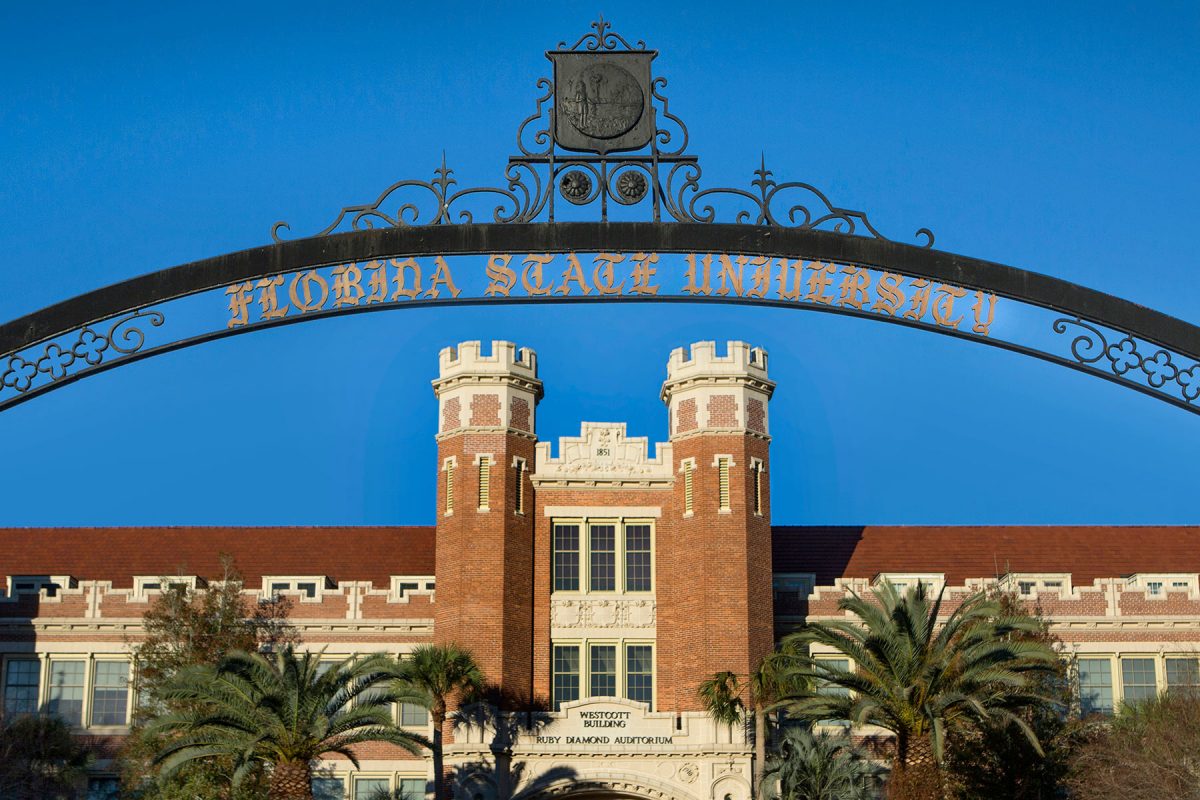
Florida State University is improving on key measures of academic excellence and student success, according to U.S. News & World Report’s “Best Colleges 2024” guidebook released Monday.
Outstanding graduation and freshman retention rates, including stellar graduation rates among Pell Grant recipients, continue to bolster Florida State’s recognition as one of the nation’s top national public universities.
“I am confident that FSU is better today than it has ever been, and we continue to be one of the very best public universities in the nation,” said President Richard McCullough. “That belief is borne out by hard data.”
In the overall list of national universities, both public and private, Florida State scored its highest-ever ranking at No. 53, up two spots from last year.
It is another sign of FSU’s continuing pursuit of excellence. Earlier this fall, the online rankings platform Niche ranked Florida State No. 11 on its list of top national public universities, up two places from No. 13 last year. Niche combines verifiable data from the U.S. Department of Education with user input — reviews and ratings from current students, alumni and parents.
“I am confident that FSU is better today than it has ever been, and we continue to be one of the very best public universities in the nation. That belief is borne out by hard data.” —President Richard McCullough
This year, U.S. News retooled its methodology, removing key factors from its formula in which FSU has previously scored well — class size, alumni giving rates, the percentage of faculty with a terminal degree, and students’ high school standing.
Oddly, in the new calculation, FSU fell four spots to No. 23 among national public universities, despite improving in all previous metrics. Based on the previous methodology, administrators estimate FSU would have placed No. 16 among public universities.
“FSU will continue to strategically invest in areas that will contribute to student success and help advance our goals as we strive for even greater academic and research excellence,” McCullough said. “These are the areas that are most important to our students, their parents, and the Florida taxpayers.”
Last week, FSU announced a record 96% first-year retention rate, which measures how many first-year students stay enrolled from one fall semester to the next, and an all-time high four-year graduation rate of 75%, according to data that will be part of the State University System’s 2024 Accountability Plan. Both numbers would place in the Top 10 if compared to the data used in this year’s U.S. News methodology.
“Students and their families know that Florida State University is devoted to seeing our students leave with their degrees in hand,” said Jim Clark, provost and executive vice president for Academic Affairs.
Taking a deeper dive into the U.S. News metrics, the university’s focus on student success is evident as FSU moved up or maintained in each related indicator.
Florida State excelled in the publication’s metric of social mobility, which evaluates how well schools graduate economically disadvantaged students. The category includes measurements of Pell Grant recipient graduation rates as well as graduation rate performance by Pell Grant recipients. In both factors, FSU climbed to No. 12 among public universities.
New this year, U.S. News is also considering the graduation rate of first-generation students, who are the first in their families to go to college. FSU, which places an emphasis on supporting first-generation students through its nationally recognized Center for Academic Retention & Enhancement (CARE), ranks No. 17 among public universities in the metric.
“No matter their background, we are supporting our students throughout the entirety of their academic journey,” said Jim Clark, provost and executive vice president for Academic Affairs. “Student success is our mission — for all students.”
For the second consecutive year, FSU placed No. 8 among public universities on the Best Value College list, which recognizes institutions that provide academic quality at an affordable price.
“Our tuition is among the lowest in the nation, and we are committed to reducing the debt load of our graduates,” McCullough said. “That allows most of our graduates to entertain a greater range of employment options or graduate education without the constraint of crippling debt.”
FSU is tied at No. 53 nationally with Case Western Reserve University, Northeastern University, University of Minnesota, and William & Mary.



